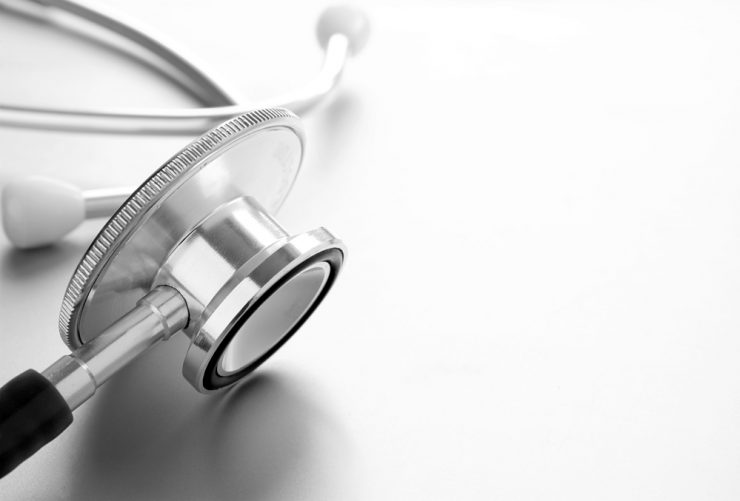Out of hours service is considered to be a relatively new working arrangement for health professionals like GP’s, physiotherapists, district nurses, which has been especially designed to deliver high quality and timely medical services to all the patients. Out-of-hours service is aimed at providing the appropriate healthcare professional to meet the patient’s needs, whatever the time of day or night. This service was first introduced in 2004, since then the GP’s have been given the liberty to choose to provide 24 hours service to their patients.
The out-of-hours (OOH) timing is from 6:30pm through 8:00am on work days and entire day at weekends and on bank holidays.
Earlier, if the patients needed OOH care, they would have to call up the surgery and contact the GP from their own practice or got through to their deputizing services or GP co-operatives, which already handle a huge number of OOH services for GP’s.
In the current scenario, some GP surgeries handle the OOH services on their own, together with their normal routine surgery hours. Few of the surgeries work in conjunction, so that GP’s coming from different surgeries can take turns for providing OOH services. There are other surgeries which give the OOH job to private companies for a price to take care on their behalf.
The new contract allows the GP to opt out of providing OOH services on individual practice basis. The responsibility of providing OOH services now lies with PCT’s or Primary care trusts. These are local organizations meant to provide medical and health care and to ensure that all patients get OOH services. While some PCT’s take the onus on themselves, others might hire independent organizations to work for them. Thus, there is every possibility that each area might have a different way of functioning of OOH service. One should try and contact the local PCT to understand how to reach OOH services in the concerned area.
All OOH care providers need to comply with the national standards of quality requirement. According to these rules, the entire OOH care detail should certainly and by all means reach the surgery, with which the patient is registered, by 8:00am the very next morning.
Types of OOH care include below:
GP’s in A&E departments, Minor injury units (MIU’s) or NHS walk-in centres
Medical professionals’ teams working with primary care units, A&E, nhs walk-in centres and MIU’s.
Home visiting healthcare professionals (not including doctors) after clinical analysis.
Ambulance services to move patients to a doctor or a nurse to cut down on home visits.
OOH care also involves consultations on phone and triage (assessing urgency of medical condition). NHS Direct provides 24-hour national phone service giving all the necessary information on health and relevant advice on the professional healthcare.
Pharmacies have also started to offer OOH services in which local chemists in an area take rotations to provide the service to cater to emergencies of patients.
Out-of-hours service

Let us know if you liked the post. That’s the only way we can improve.










